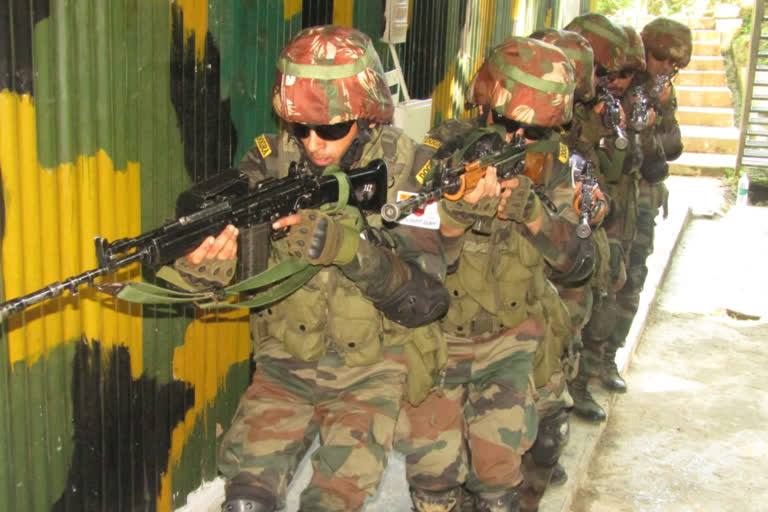Male: On the occasion of 'Victory Day', the Foreign Minister of Maldives, Abdulla Shahid on Sunday remembered the 'invaluable' military support rendered by India on November 3 in 1988, with 'highest gratitude and deepest appreciation'.
"On the 31st anniversary of Victory Day, we honour those who made the ultimate sacrifice for this nation. Today, the brave martyrs of the Maldives National Defence Force and civilians are remembered with abundant love. We are grateful that such heroic people were amongst us. We honour all those who undertook the duties entrusted to them with unwavering dedication and dignity and fought to preserve the sovereignty of this nation," the Foreign Minister said in a statement.
"It is a day to value true friends and partnerships. The invaluable military support of the Indian Government on November 3, 1988, remains etched in our hearts. Our highest gratitude and deepest appreciation shall never diminish," he said.
What happened in 1988
On the intervening night of November 2-3 in 1988, around 300 to 500 armed, Tamil/Sinhala-speaking mercenaries landed in Male harbour by boats from a mother ship and captured key locations. During this attempted coup, President Gayoom went into hiding and, in the early hours of November 3, sought India's help and immediate intervention.
Operation Cactus
Under 'Operation Cactus', on the night of November 3, 1988, the Indian Air Force mounted special operations to airlift a parachute battalion group from Agra, non-stop over 2000 km out beyond the South-Western coast of India to the remote Indian Ocean archipelago of the Maldives.
In response to that government's appeal for military help against a mercenary invasion, the IL-76s of No. 44 Squadron landed at Hulule at 0030 hours, the Indian paratroopers secured the airfield and restored government rule at Male within hours.
On learning that these troops were headed for Male, the mercenaries hijacked the merchant vessel 'Progress Light', taking Maldivian VIP hostages with them, and set course for Sri Lanka. In Male, law and order was restored as soon as Indian troops arrived on the morning of the 4th.
Read also: India and Maldives to launch ferry service between Kochi-Male
INS Godavari was diverted towards Colombo to embark, by helicopter, the team of negotiators that had been flown from Male to Colombo.
Reconnaissance aircraft shadowed all moving contacts during the night of November 3-4. On the 6th morning, when Progress Light was 60 miles from Colombo, pressure commenced with small arms fire, followed by air-dropped depth charges ahead of the ship and followed by a gun broadside across the bows.
Naval teams boarded the ship and rescued the hostages. The mercenaries were handed over to the authorities at Male.
What Maldivian Minister said
The Maldivian Foreign Minister said that fateful day showcased the special security threats and vulnerabilities faced by small States.
"That realisation made the Maldives take up the issue at the United Nations, resulting in multiple resolutions on the security of small states and their vulnerability to external threats. The Maldives' efforts in this regard, helped change the discourse on how small States are viewed and discussed in the international security debate," he said in his statement.
"To counter the emerging external threats of the twenty-first century, we have become even more aware of the need to build our national resilience, as well as invest in the ties that bind us to the larger international community. We shall, with resolute dedication, continue to work towards protecting our sovereignty and independence, through further engagement and enhanced cooperation with our friends and partners," he added.
Former president of Maldives, Maumoon Abdul Gayoom in a tweet said, "On this auspicious Victory Day, I thank Almighty Allah and pray that He bless the souls of our martyrs and convey my greetings to the beloved people of Maldives. I also thank the Indian authorities for their prompt assistance in defeating the terrorists.
Read also: Maldives is important for India's strategic periphery: ORF's Director Research Harsh Pant



